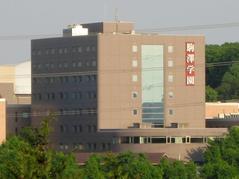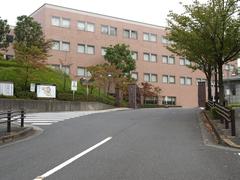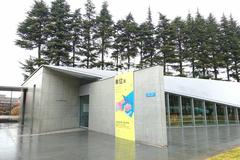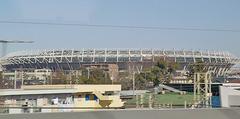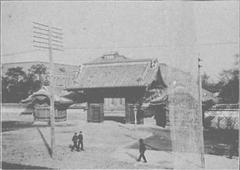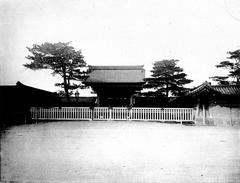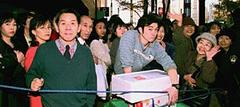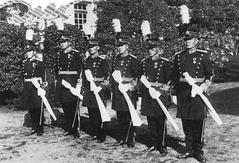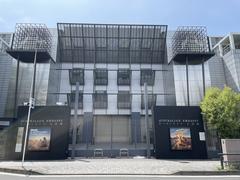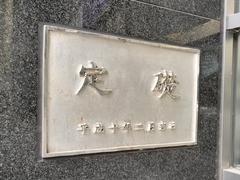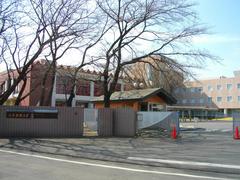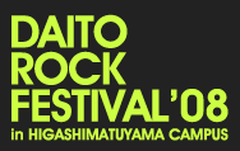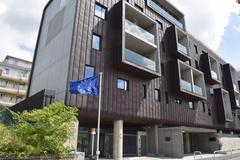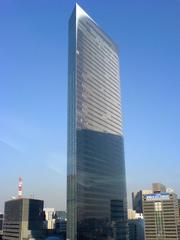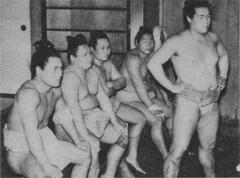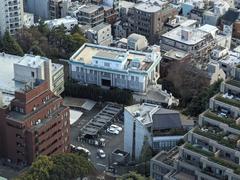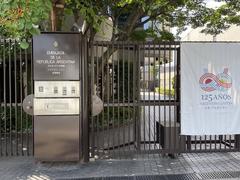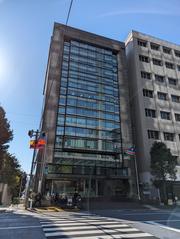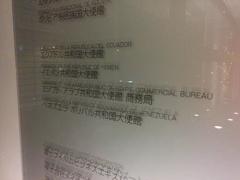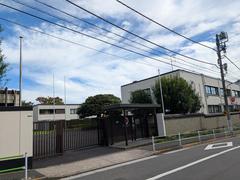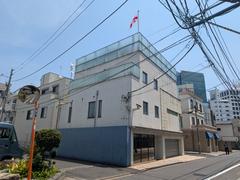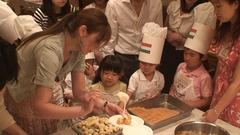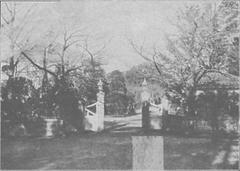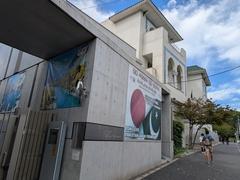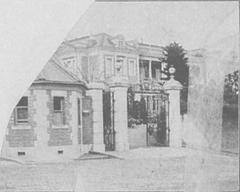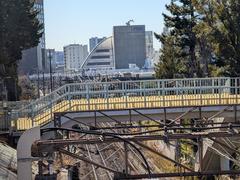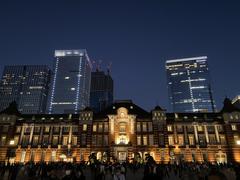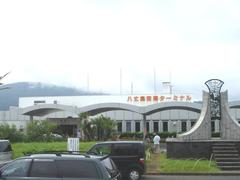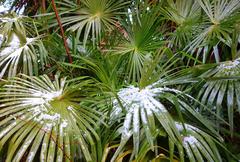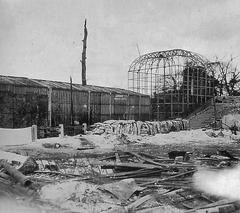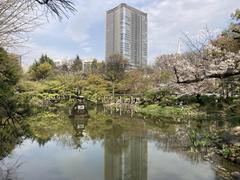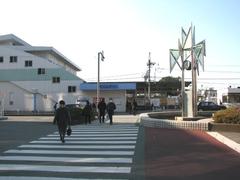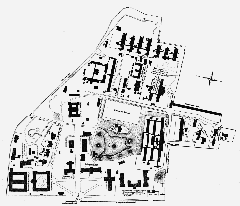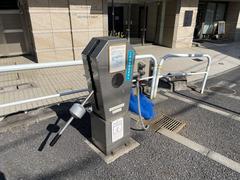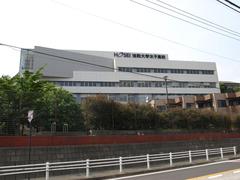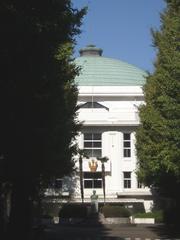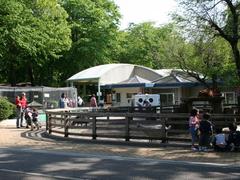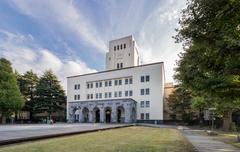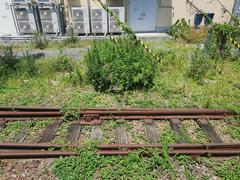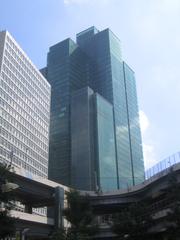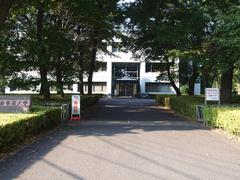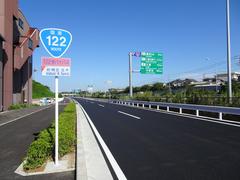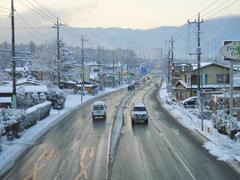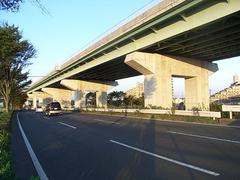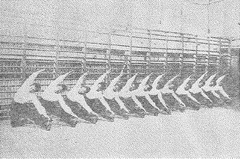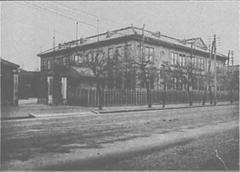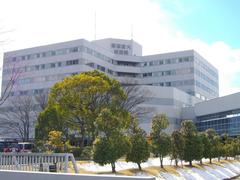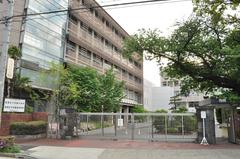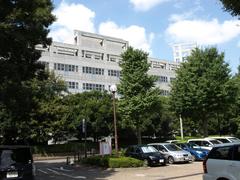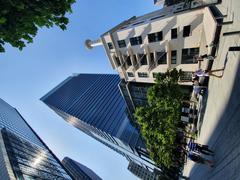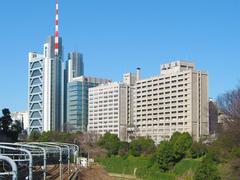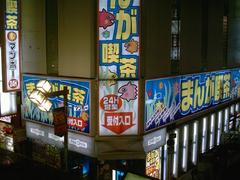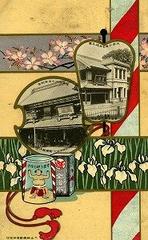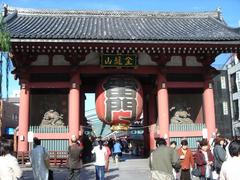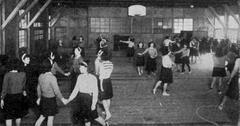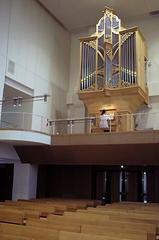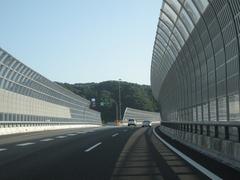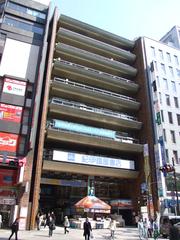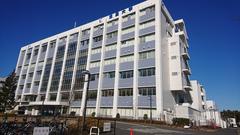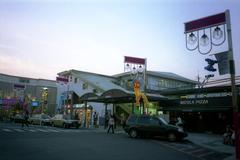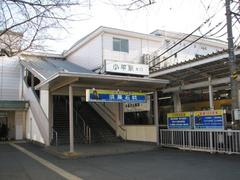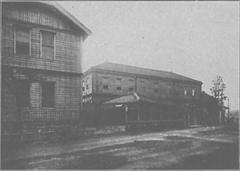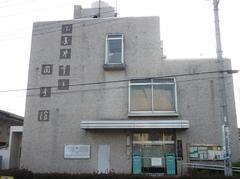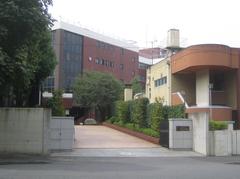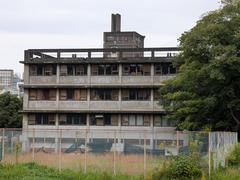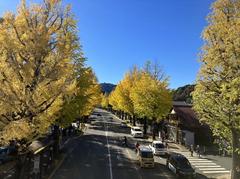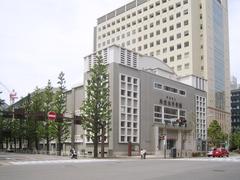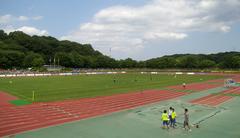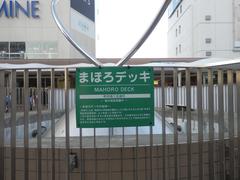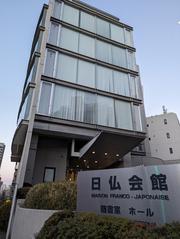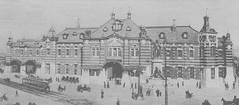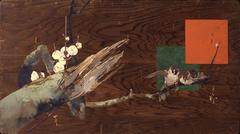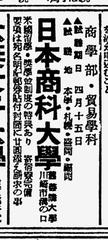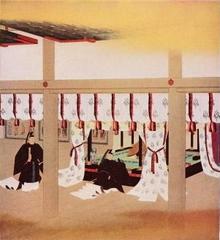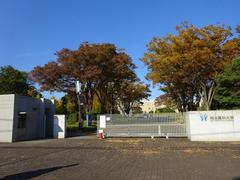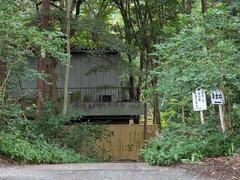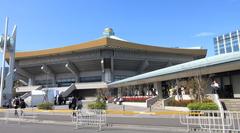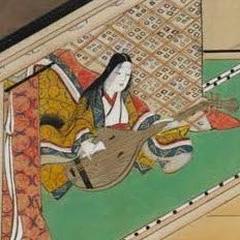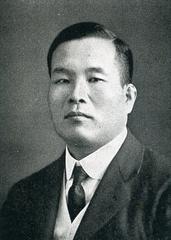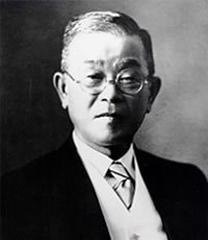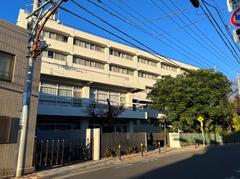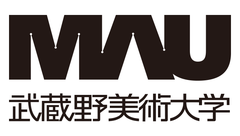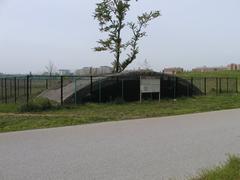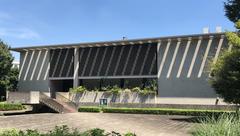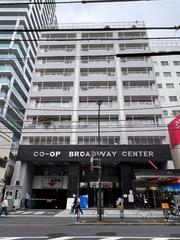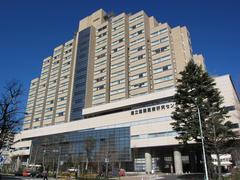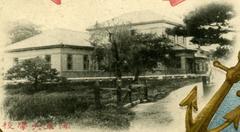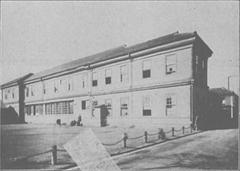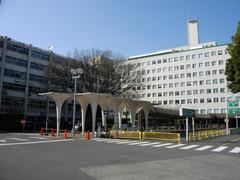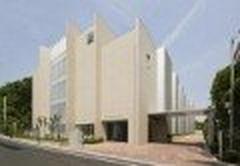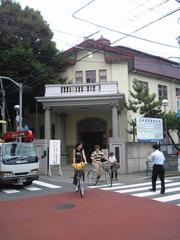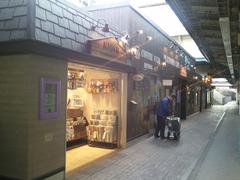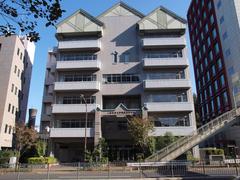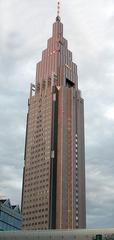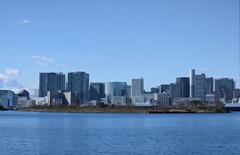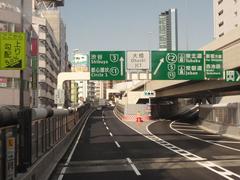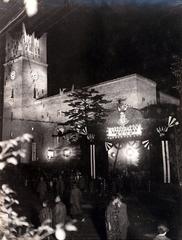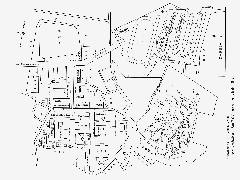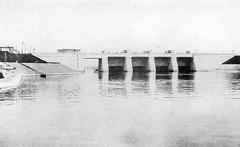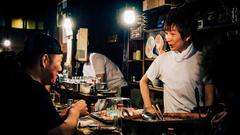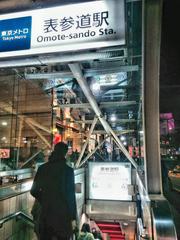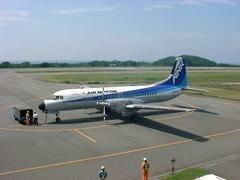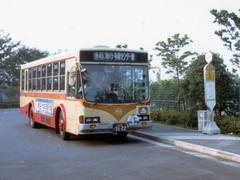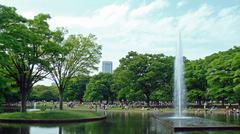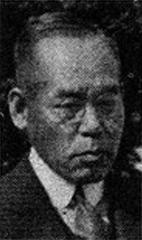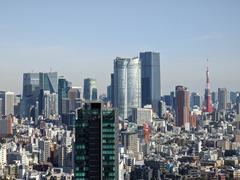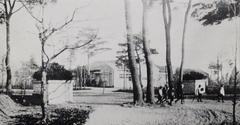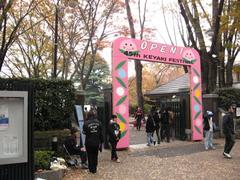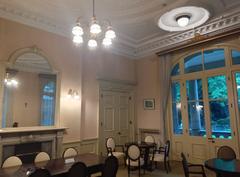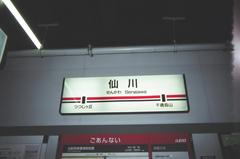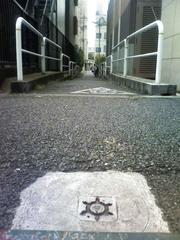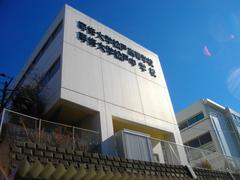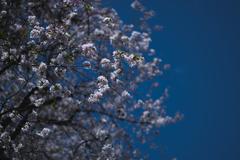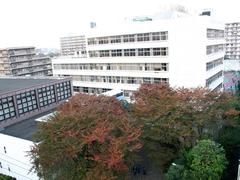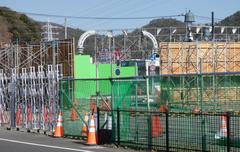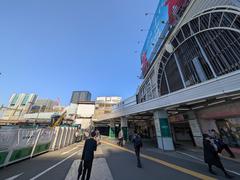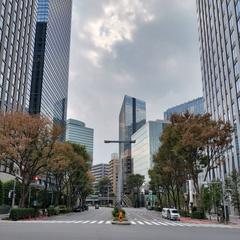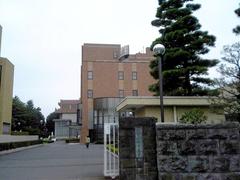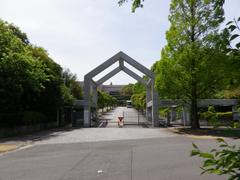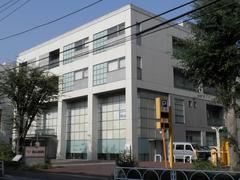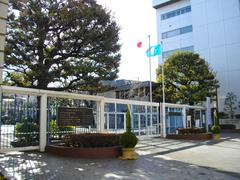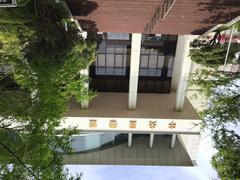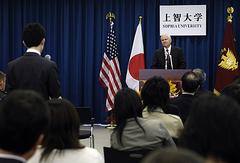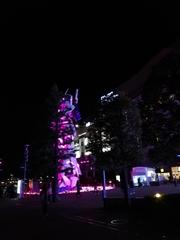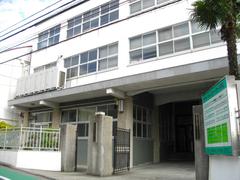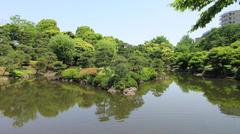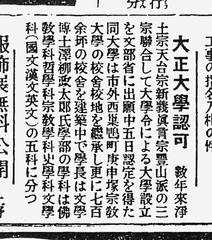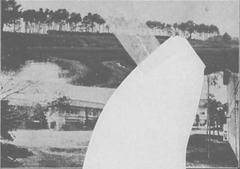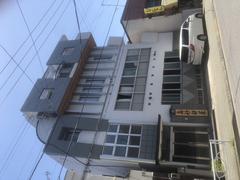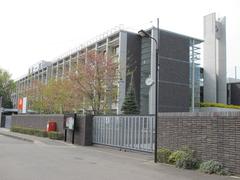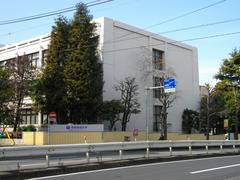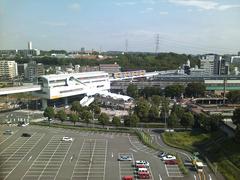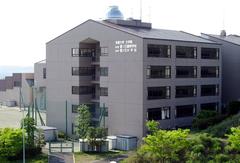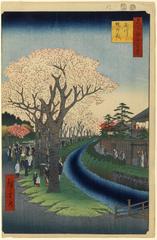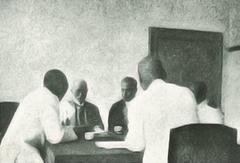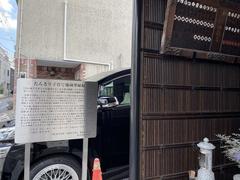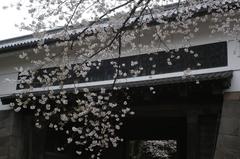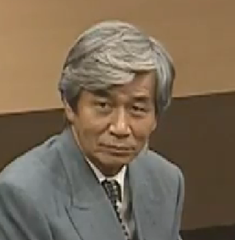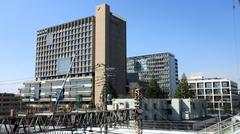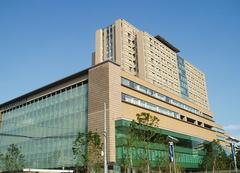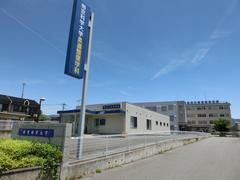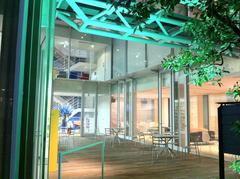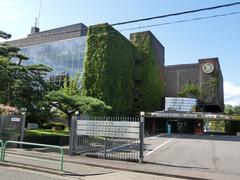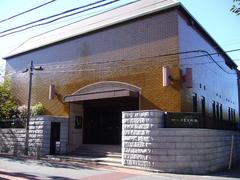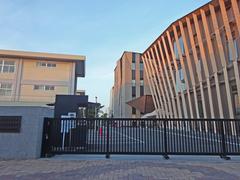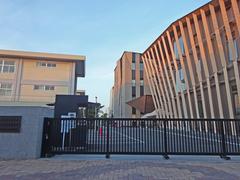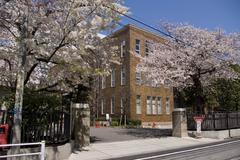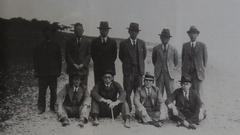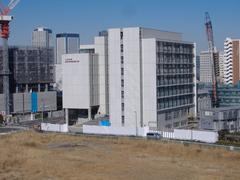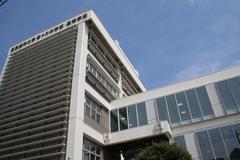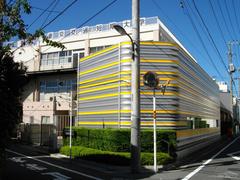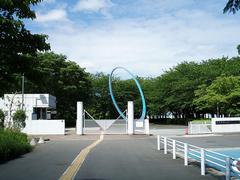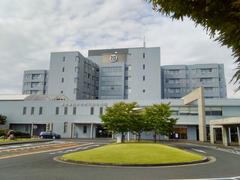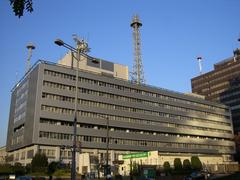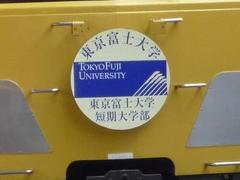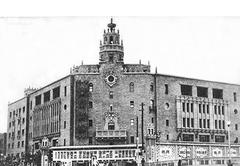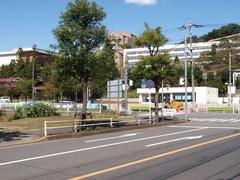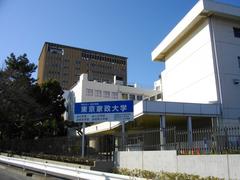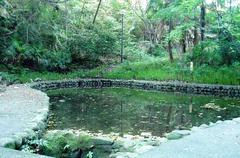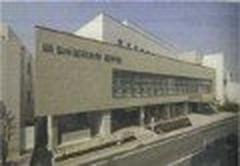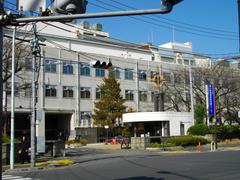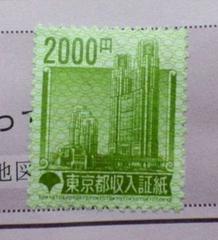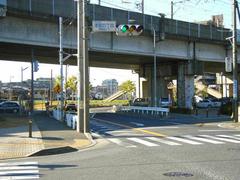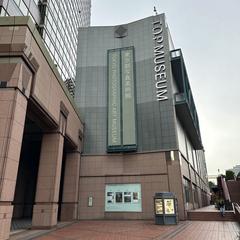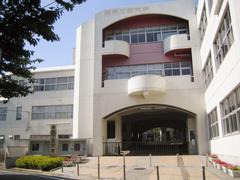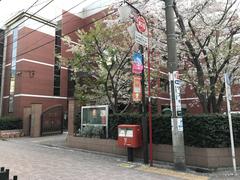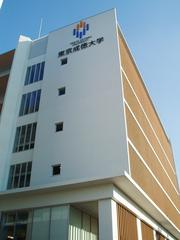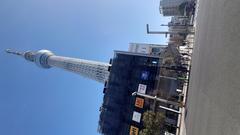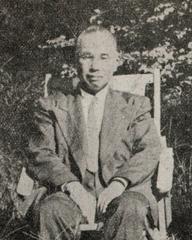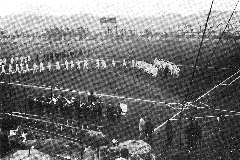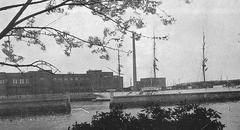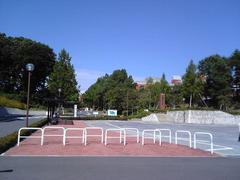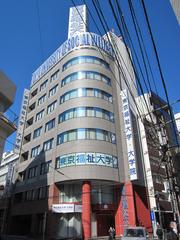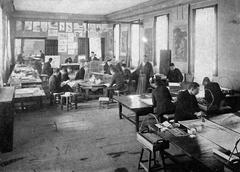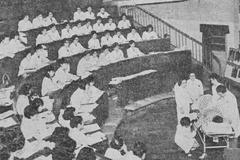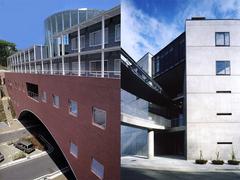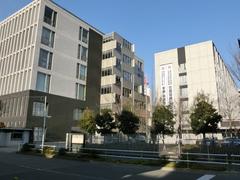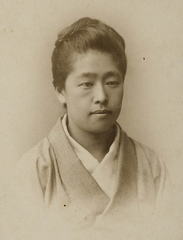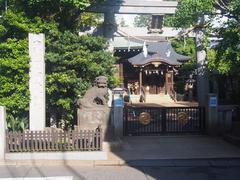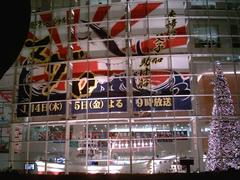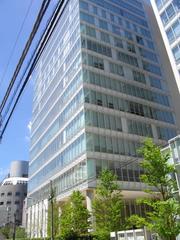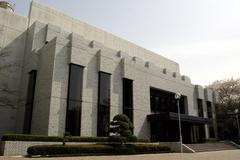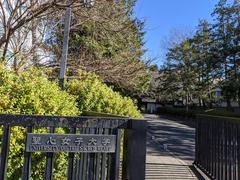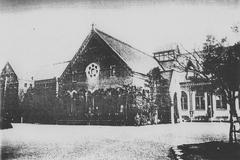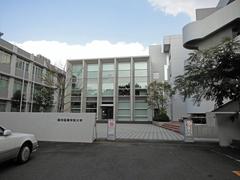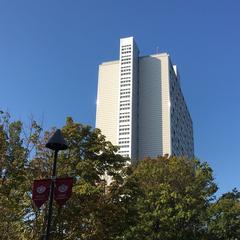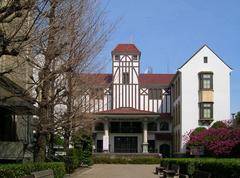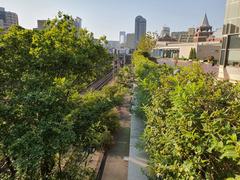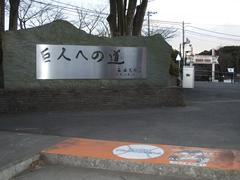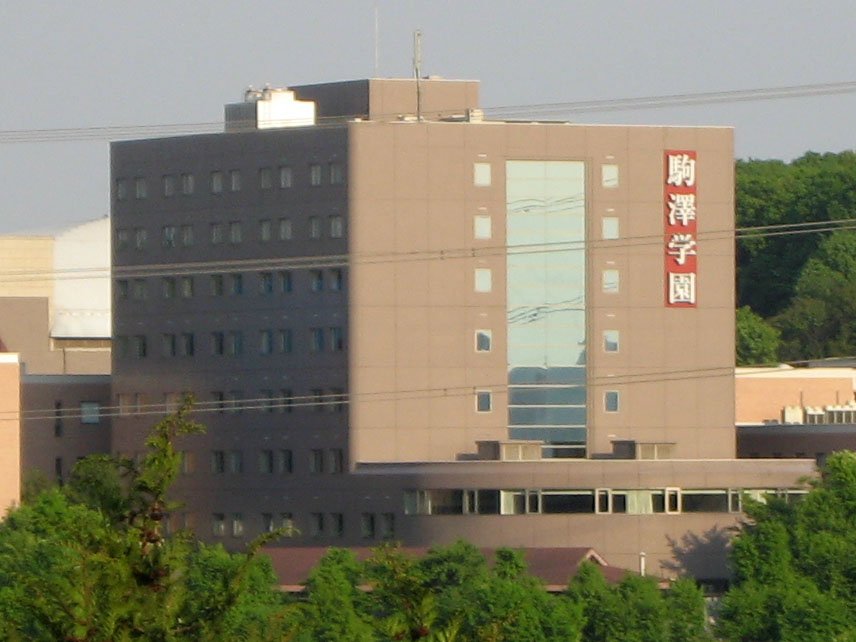
Komazawa Women’s University Tokyo: Comprehensive Visiting Guide
Date: 14/06/2025
Introduction
Komazawa Women’s University, with campuses in Tokyo’s Setagaya ward and Inagi city, is a distinguished educational institution that harmoniously blends nearly a century of Buddhist heritage, academic innovation, and a mission of women’s empowerment. Established in 1927 to honor Zen Master Koun Kaijo, and grounded in the educational philosophy of the Sōtō Zen sect, the university upholds a tradition focused on cultivating mindfulness, intellectual rigor, and social responsibility. Today, it is a vibrant academic community with modern facilities, renowned for its commitment to holistic women’s education and cultural engagement.
This guide offers a detailed overview of Komazawa Women’s University’s history, cultural significance, visitor logistics—including hours, ticketing, and accessibility—nearby attractions, and practical tips for an enriching experience. Whether you are a prospective student, cultural explorer, or traveler intrigued by Tokyo’s educational and Buddhist landmarks, this resource will equip you with essential information for your visit. For further details, consult the university’s official communications and educational resources (Univ Journal, Times Higher Education, EduRank, Go Tokyo).
Contents
- Founding Origins and Early Development
- Transition to University Status
- Buddhist Affiliation and Educational Philosophy
- Institutional Growth and Academic Expansion
- Facilities and Campus Environment
- Visitor Information: Hours, Tickets, and Accessibility
- Nearby Attractions and Local Experiences
- Special Events and Guided Tours
- Academic Reputation and Societal Impact
- Leadership and Milestones
- Legacy and Continuing Influence
- Frequently Asked Questions (FAQ)
- Visuals and Virtual Tours
- Summary and Recommendations
- Sources
Founding Origins and Early Development
Komazawa Women’s University (駒沢女子大学, Komazawa Joshi Daigaku) traces its origins to the founding of Komazawa Girls’ Senior High School in 1927, commemorating the 650th anniversary of Zen Master Koun Kaijo’s death at Eiheiji Temple, the head temple of the Sōtō Zen tradition (Univ Journal). The school’s foundation was deeply influenced by the Sōtō Zen values of mindfulness and the unity of theory and practice (“Gyogaku Ichinyo”), aspiring to cultivate women of intellect and character capable of creative leadership in a changing Japan (Times Higher Education).
Transition to University Status
After decades as a leading women’s high school, the institution transitioned to Komazawa Women’s University in 1993 (Wikipedia). This change reflected shifting attitudes toward women’s higher education in Japan and expanded academic opportunities for female students. The Inagi campus, located approximately 25 km from central Tokyo, offers a modern urban learning environment with easy access to major transport links (Times Higher Education).
Buddhist Affiliation and Educational Philosophy
Affiliated with the Sōtō Zen sect, Komazawa Women’s University shares its spiritual heritage with Komazawa University and Aichi Gakuin University. While not a monastic training institution, it applies Zen Master Dogen’s teachings to foster mindfulness, compassion, and the integration of learning and practice throughout its curriculum and campus culture (Univ Journal).
Institutional Growth and Academic Expansion
Since achieving university status, Komazawa Women’s University has grown to include five faculties and seven departments. A major reorganization in 2025 led to the creation of the Faculty of Co-Creation Culture, Faculty of Tourism Culture, and Faculty of Spatial Design, reflecting the university’s responsiveness to globalization, cultural exchange, and the evolving roles of women in society (Univ Journal). The university’s research output is notable, with over 1,200 citations as of 2025, underlining its active engagement in multidisciplinary academic inquiry (EduRank).
Facilities and Campus Environment
The Inagi campus features a harmonious blend of Zen-inspired architecture and green spaces. Key facilities include:
- Buddhist Culture Centre and Japan Institute of Culture: Hubs for cultural research and events.
- Health and Nutrition Consultation Office and Psychological Consultation Centre: Supporting student wellness.
- Temple Material Research Centre: Preserving Buddhist heritage.
- Comprehensive Library: Serving academic and research needs.
Other amenities such as the Learning Support Centre and Student Counselling Room ensure that students and visitors are well supported. The campus is equipped with ramps and elevators to ensure accessibility for all visitors.
Visitor Information: Hours, Tickets, and Accessibility
Komazawa Women’s University maintains a focused academic environment, thus general public access is limited. However, visitors can access the campus during open campus days, cultural festivals, and guided tours.
- Visiting Hours: Typically Monday to Friday, 9:00 AM to 5:00 PM, during public events and by appointment.
- Admission/Tickets: Entry is free for most events; some special exhibitions or tours may require advance booking or a small fee.
- Accessibility: The campus is wheelchair accessible, with ramps and elevators in all main buildings.
Getting There:
- From JR Nambu Line “Inagi-Naganuma Station”: School bus (14 minutes)
- From Inagi Station (Keio Sagamihara Line): Odakyu Bus (7 minutes) or 20-minute walk
- From Shin-Yurigaoka Station (Odakyu Line): Odakyu Bus (20 minutes) (Study Japan)
For up-to-date visitor policies and event schedules, consult the official university website.
Nearby Attractions and Local Experiences
- Komazawa Olympic Park: Legacy site of the 1964 Tokyo Olympics, featuring lush green spaces, jogging tracks, and sports facilities.
- Jiyugaoka Neighborhood: Trendy area with boutique shops, cafes, and “La Vita” complex.
- Museum of Zen Culture and History: Located in the distinctive Kounkan building of Komazawa University, this museum offers exhibits on Zen Buddhist art, monastic life, and is a Tokyo-designated Historic Building (Go Tokyo).
- Setagaya Art Museum & Tama River: Opportunities for art appreciation and riverside relaxation.
These attractions provide visitors with a rich blend of educational, cultural, and recreational experiences.
Special Events and Guided Tours
Open campus days, cultural festivals, and academic exhibitions are held periodically, offering guided tours, interactive presentations, and opportunities to engage with faculty and students. Advance registration is recommended. For current schedules, consult the university’s event calendar.
Academic Reputation and Societal Impact
Komazawa Women’s University is recognized for its high graduate employment rates—particularly in health and nutrition disciplines, with some departments attaining 100% placement (Wikipedia Japanese). Small class sizes and a student-centered approach foster strong faculty-student relationships and leadership development.
Leadership and Milestones
Under the leadership of President Yoshinori Ando, an authority in philosophy and Buddhist history, the university is committed to ongoing educational reform, gender inclusivity, and integrating Zen values with modern academics (Univ Journal). Approaching its centennial in 2027, the university plans significant celebrations and further institutional reforms.
Legacy and Continuing Influence
For nearly a century, Komazawa Women’s University has been a beacon for women’s education and cultural exchange, rooted in the teachings of Zen Master Dogen. Its enduring legacy continues to shape Tokyo’s academic landscape, preparing women for impactful roles in society (Times Higher Education).
Frequently Asked Questions (FAQ)
Q: What are the visiting hours?
A: Public access is typically available during special events, Monday to Friday, 9:00 AM to 5:00 PM. Always verify with the university for specific dates.
Q: Is there an entry fee?
A: General entry during public events is free; some special exhibitions or tours may have a nominal fee.
Q: Are guided tours available?
A: Guided tours are occasionally offered during open campus days and special events. Advance booking is advised.
Q: Is the campus accessible for visitors with disabilities?
A: Yes, there are ramps and elevators for wheelchair access.
Q: How do I reach the campus from central Tokyo?
A: The nearest station is Komazawa-daigaku Station on the Tokyu Den-en-toshi Line; from there, the campus is a short walk or bus ride.
Visuals and Virtual Tours
The university’s official website and tourism platforms feature campus photo galleries and may offer virtual tours, providing a preview of the university’s architecture, green spaces, and facilities.
Summary and Recommendations
Komazawa Women’s University is a unique destination blending historical legacy, Zen Buddhist educational philosophy, and progressive women’s higher education within Tokyo’s cultural landscape. Its campus, with tranquil gardens and modern facilities, offers a glimpse into Japan’s spiritual and academic traditions. While regular public access is limited, open campus events, festivals, and guided tours provide valuable opportunities for engagement. With convenient access to transportation and nearby attractions like Komazawa Olympic Park and the Museum of Zen Culture and History, visitors can enjoy a multifaceted cultural and educational experience.
For the latest information on visiting hours, events, and tours, always check the university’s official website or consider using interactive guides such as the Audiala app for curated experiences (Univ Journal, EduRank, Go Tokyo).
Sources
- Univ Journal: Komazawa Women’s University - History, Visiting Hours, and Cultural Significance in Tokyo
- Times Higher Education: Komazawa Women’s University Profile and Rankings
- Wikipedia: Komazawa Women’s University Overview
- EduRank: Komazawa Women’s University Academic and Visitor Information
- Go Tokyo: Museum of Zen Culture and History
- Komazawa Temple Official Website
